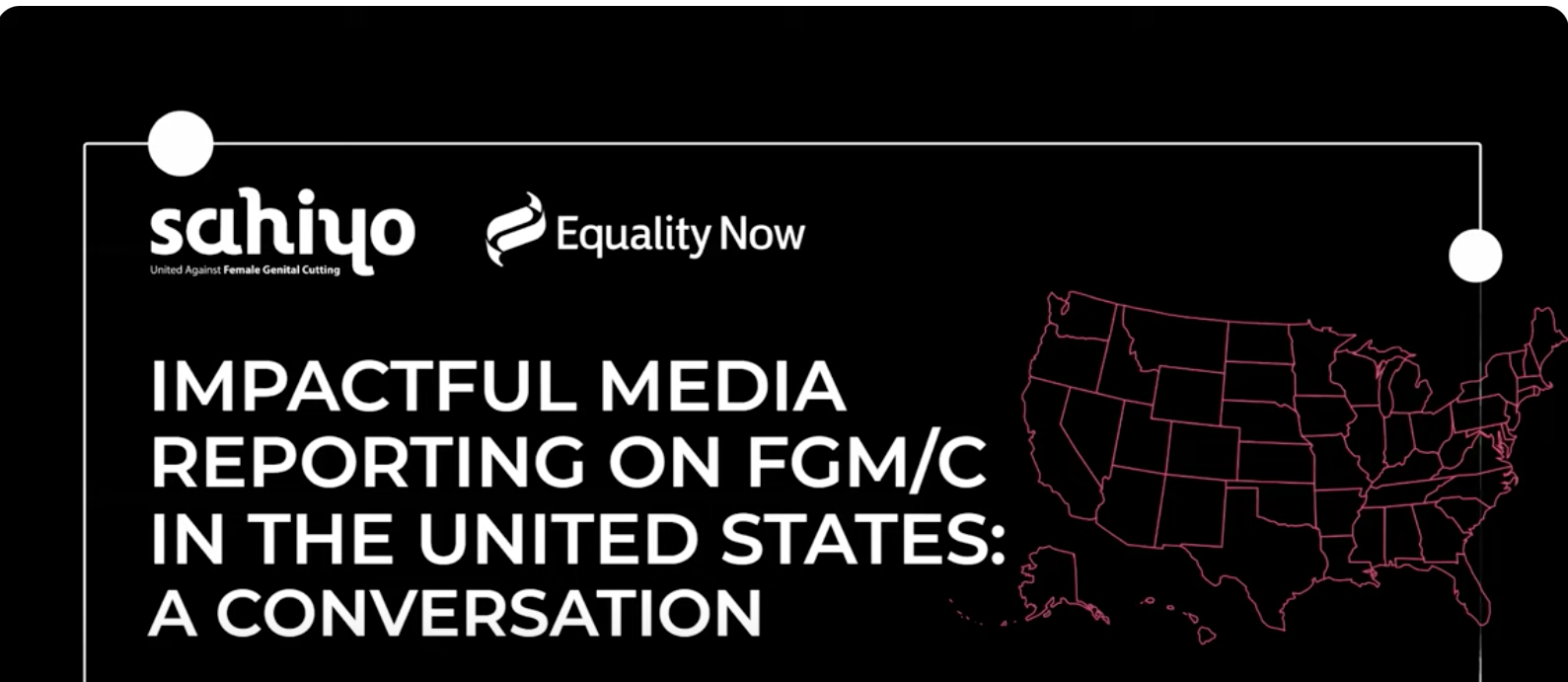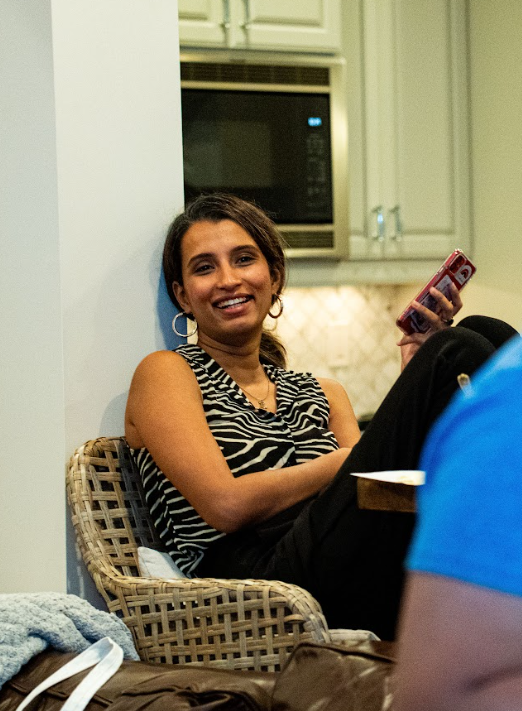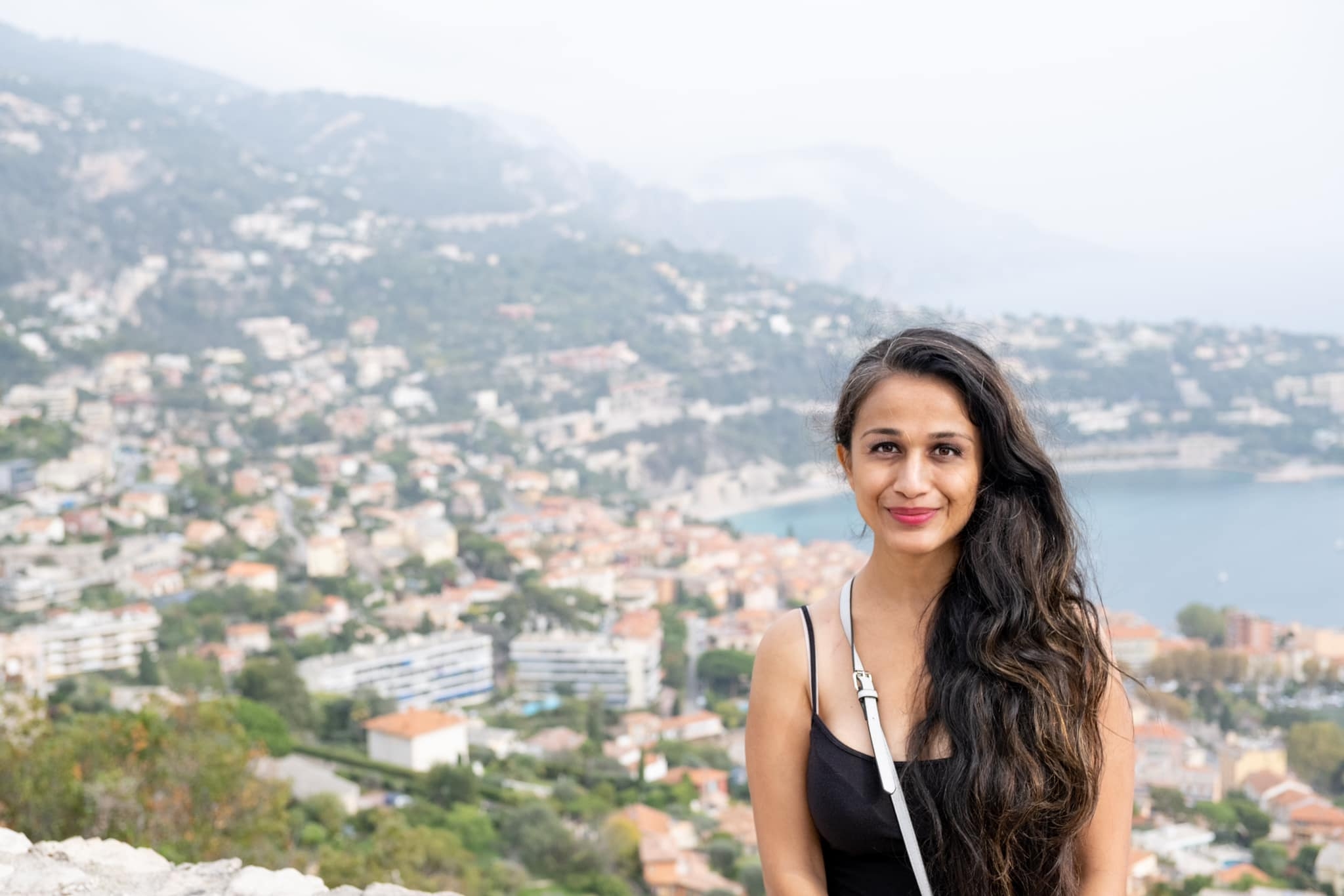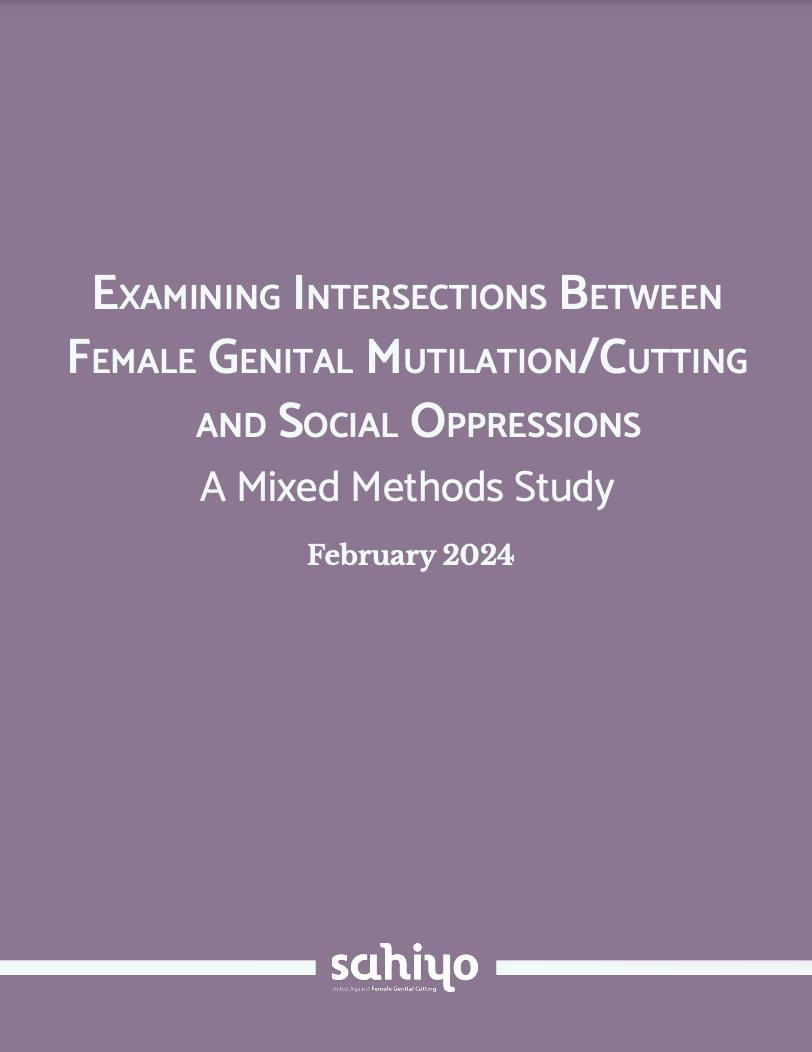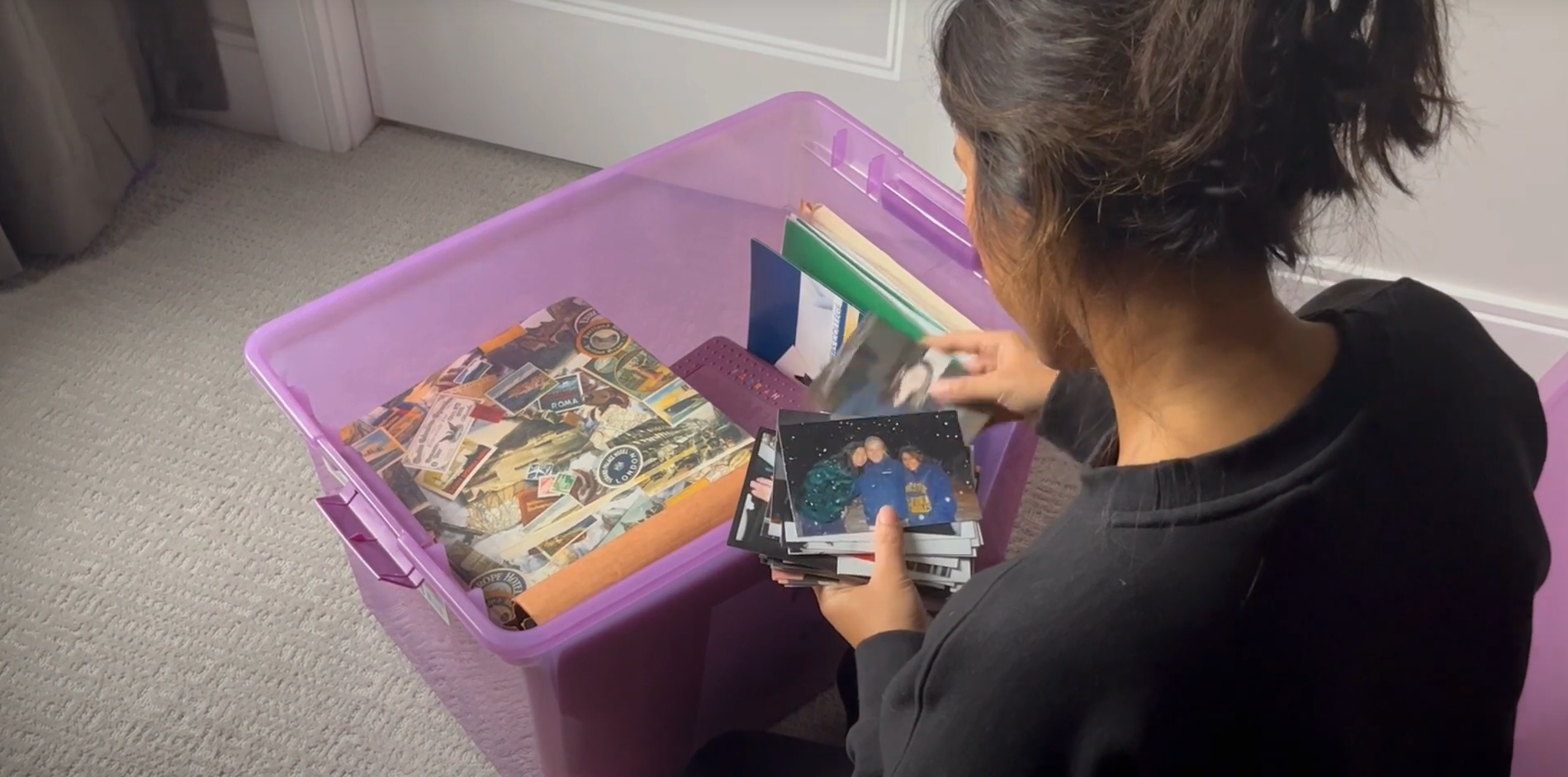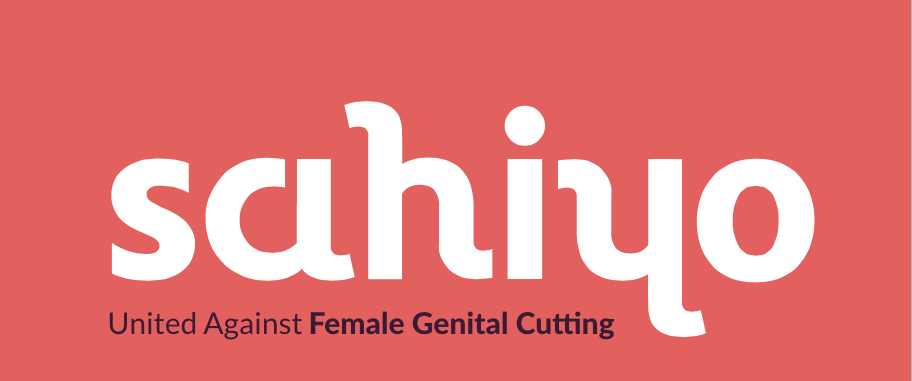On April 17th, Sahiyo U.S and Equality Now had the honor of hosting a virtual event, "Impactful Media Reporting on Female Genital Mutilation/Cutting in the United States: A Conversation." This webinar explored how to report on female genital mutilation/cutting (FGM/C) in a culturally cognizant, gender-sensitive, and ethical way. Attendees were media and communications professionals. Speakers included a panel of media and advocacy experts, such as:
- Washington State Senator Karen Kaiser,
- Emma Batha of Thomson Reuters Foundation News,
- Journalist Milena Mikael Debass,
- and documentary filmmaker Milena Warns from Without Exception Films.
The moderators were Sahiyo Co-founder and U.S. Executive Director, Mariya Taher, and Equality Now Communications Officer for North America, Mel Bailey.
Through this conversation, attendees were better able to understand the prevalence and complexity of FGM/C within the U.S. and the importance of engaging with survivors in a considerate manner when reporting on FGM/C. Additionally, attendees gained strategies on how to use media platforms to raise awareness and educate the public on FGM/C. They also learned analytical tools for covering related news, such as legal developments and community advocacy efforts effectively.
Here are some highlights from webinar attendees:
The importance of building relationships with survivors:
“I can't stress enough how important it is to build those contacts with survivors because that is how you get stories. When I meet advocates, or survivors I like to spend quite a lot of time with them, and meet them in person, because even if that interaction does not lead to a story you’re still increasing your knowledge which makes for better reporting and also builds trust so that the survivor or organization better understands what you as the report are seeking from the interaction” - Emma Batha
The impact of a comprehensive approach and the role the media plays in it:
“We are here to talk about media in all its forms and the roles that media can play when it comes to having a multi-sectoral approach to end FGM/C. Multi-sectoral means the collective effort of government agencies [and] local organizations, provides FGM/C education builds awareness, as well as support services for survivors at the federal, state, and local levels, to end FGM/C.” - Mariya Taher
How media can tackle misinformation:
“It takes a lot of education, and the media is a part of that process because people have a lot of misinformation. Unfortunately, we had to clarify that this practice is not religious practice… so it was somewhat of a difficult communications project and I have to give credit to the Washington coalition for providing first-person testimony to correct, and educate and to elucidate this issue.” - Senator Karen Kaiser
On Survivor-led initiatives:
“I wanted to write something that highlighted survivor-lead efforts to end the practice in the U.S. Figuring out how to show that work through videos took time, to build relationships, and how to make it visual. I had several conversations with Mariya, always kind of thinking about what types of work I could highlight. By the end, I was able to interview three survivor activists, but also film the Activist Retreat which is put on by Sahiyo in New York, [as well as help a D.C.\survivors support group for African women, and a training for law enforcement on how to look for signs of FGM/C taking place in their community.” - Milena Mikael Debass
Bring the issue of FGM/C to a wider audience:
“We have a docu-series that focuses on different issues women face around the world and FGM/C is one of those. The one thing I keep coming back to is that we don’t give people enough credit. People want to learn about this, myself included. When we were going to film in different parts of the world, I spoke to my friends about this project and they wanted to know more about it. Then when we included the celebrity component we interviewed Constance Wu, an actress in Crazy Rich Asians who personally chose to discuss this topic because she personally wanted to learn about it.” - Milena Warns
To learn more about this event, watch the recording below:
Learn more about media communication/reporting on FGM/C with the resources below:
- Sahiyo survivor stories - Sahiyo
- Resource Guide for Sensitive and Effective Reporting on FGM/C - Sahiyo
- Global FGM media reporting toolkit - Equality Now
- US FGM media factsheet - Equality Now
- US FGM State Law Map - Equality Now

